Traveling around South Carolina you’re likely to spot roadside signs that read “Jesus Saves” and hear hillbilly preachers cry out, “The Blood of Jesus Washes Away Your Sins!”
We Catholics have similar language. The priest says, “Behold the Lamb of God who Takes Away the Sins of the World” and we speak of sacrifices and “this victim, this pure victim” and speak of “the precious blood” and sing “wash me in its tide.”
It has been exercising me a fair bit recently, wondering just what does an ordinary person in twenty first century America or Europe make of such language and imagery?
Let us suppose that someone with a moderate level of education, but who is either non churched or minimally churched or churched in some wishy washy puppies and kittens version of Christianity…what do they make of such language and imagery?
If they listened to it and thought it through at all I would be entirely sympathetic if they said, “What is all this talk about bloodshed and washing sins away? Excuse me, but what does the execution of an insurrectionist two thousand years ago have to do with my “sins” whatever they might be? Please explain what you mean. How does the death of someone long ago make it okay that I took twenty dollars from my mom’s purse?”
These would be very good questions it seems to me.
Furthermore, what if another person who may be moderately more educated pipes up and says, “And what is all this talk of sacrifice? That’s all about slitting the throats of bulls and goats and pulling out their guts and examining them for omens isn’t it? We don’t do that anymore. We don’t sacrifice chickens to the voodoo doll. And if I’m not mistaken we’re actually talking about human sacrifice aren’t we? Isn’t that what you’re referring to? You worship a God who killed his own “son” in some sort of gruesome ritual? Let me push this further. You then talk about eating his flesh and drinking his blood? Come now. Even if it is symbolic or “sacramental” whatever that is, do we really need all this talk about human sacrifice and symbolic cannibalism? We’re not Aztecs or members of the Thugee cult from that Indiana Jones movie.”
These too, it seems to me are perfectly valid questions.
For those who wish to understand modernism, these are the very questions that faced first the Liberals in the 19th century and then the modernists in the 20th century. They said to themselves, “How can modern man hope to understand a religion that is rooted in the world view of the ancient Middle East 4,000 years ago? How can they deal with a story (as the one Catholics heard at Mass last weekend) in which a man is asked by God to take six animals, slaughter them, cut them in half, then in a mystic trance walk between them before burning them as an “offering”? How can modern man understand human sacrifice, blood offerings and the whole gory mess? How does that help them find God?
So they re-interpreted the whole thing. They quietly took the sacrificial stuff and put it in a box in Grandma’s attic. They stashed it away in the Ecclesiastical Curiosities of the Past Museum.
The Protestants had already chucked out the sacrifice language five hundred years ago and were left with the Bible as a kind of rule book about how to be nice people. Its true that they still kept the language of blood washing away their sins in their preaching, but having abandoned the liturgy they avoided any real contact with the idea.
Catholics still used the language in the liturgy because they couldn’t get rid of that completely, but they re-interpreted it. Any “sacrifice” just meant you tried harder to be nice to people and maybe you gave up more of your time to volunteer at the library. The “sacrifice of the Mass” was turned into “a family banquet”. Any idea of a solemn, sacrificial ritual was disposed of. It was out of date. Modern people couldn’t relate. A happy meal would be better.
I can see their point. Blood sacrifices aren’t really a very marketable religious concept in the American suburbs.
The bottom line is, in their attempt to make Christianity understandable they created a Christianity without a crucifix, and that is not really Christianity at all. In fact it’s not even a religion. It’s a set of guidelines for respectable behavior or a manifesto for social change or a pep rally on Sundays for people who want to “make a difference.”
I have to say my life was changed by Billy Graham.
Last summer I was driving down I-85 North of Charlotte and noticed that on every bridge over the highway emergency vehicles were parked with lights flashing. Crowds of people were on the bridges and by the side of the North bound side of the highway.
I wondered what was going on.
It was Billy Graham’s cortege making its way from Charlotte to Washington DC.
That night I went home and watched one of his rallies from the early 1980s. There he was, handsome and eloquent in his down home way, and he preached the old time religion. He preached about sin and God’s love and the power of the cross.
And people came forward. They responded. They heard the call.
It was not as distant and foreign as all the smart theologians said. Ordinary people understood.
I resolved then to listen to the words of St Paul who said, “I am resolved to know nothing but Christ and him crucified” and “For me to live is Christ. To die is gain” and “We preach Christ and him crucified.”
The other person who change my mind is Rene Girard. He and some others hold the key for modern man to understand the cross of Christ. His own profound and simple conversion will become the stuff of history because his thought will filter down and show the well meaning modernists that the sacrifice of Christ–far from being a antique religious symbol,
Is the victory over the world and the source of life.

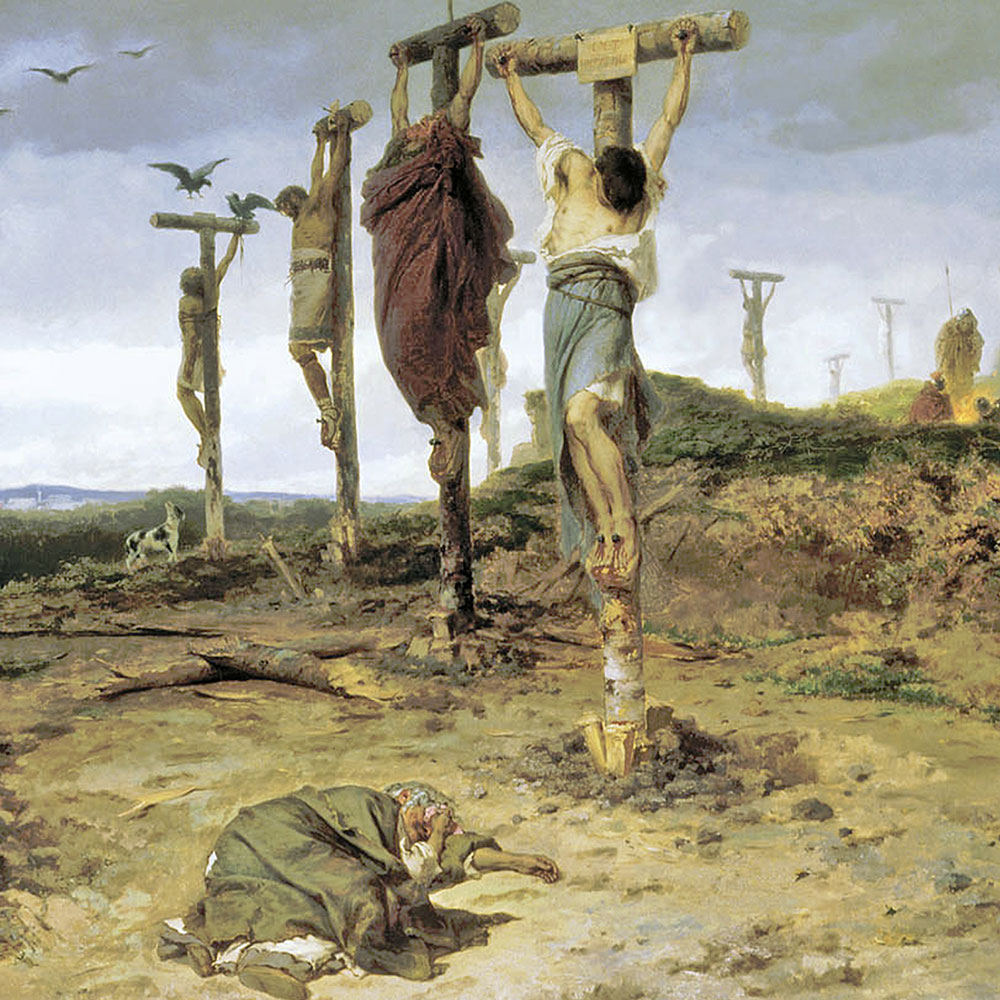

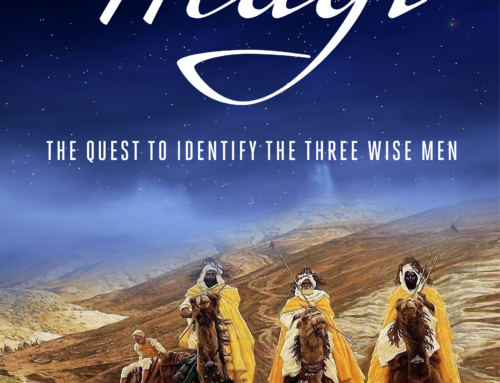
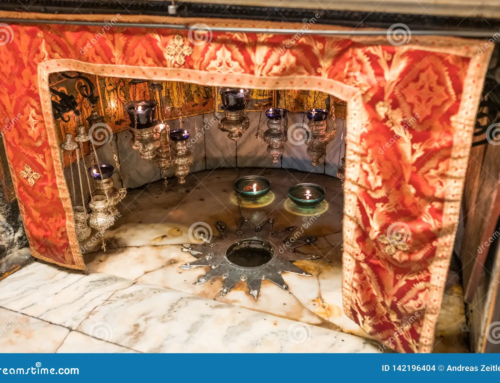
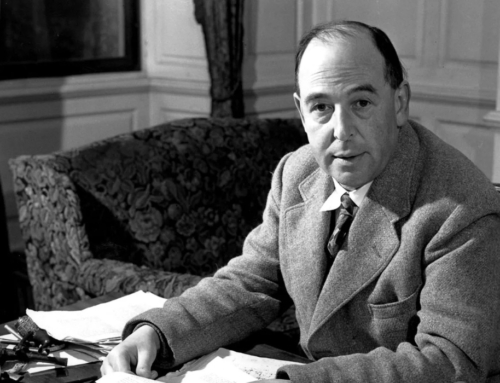
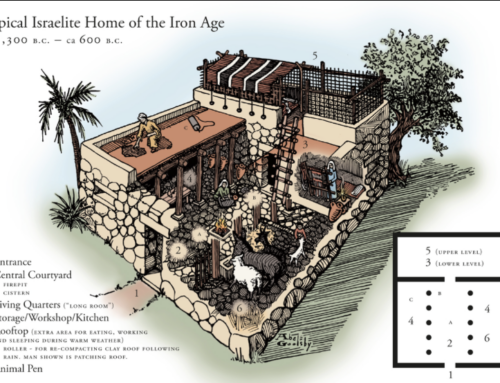
Father, your explanations of late on modernism, ie. how we got to this point we find ourselves in the country and in our Church, have been so helpful. As someone who has been trying to untwist this mess (especially having lived in the northeast) which causes almost a constant sense of confusion, your clarity is like a tonic.
Perhaps it’s the teacher in me that delights in such clarity! You are an excellent teacher.
And a sign of hope – desperately needed hope. Divine hope.
When can we anticipate your new book – no pressure😀